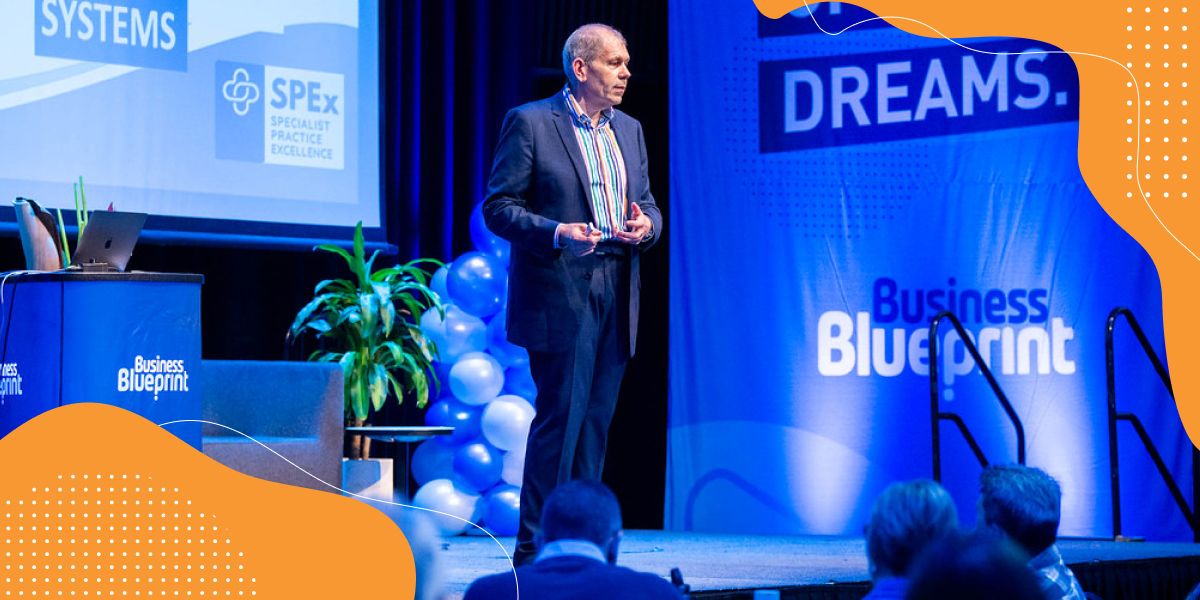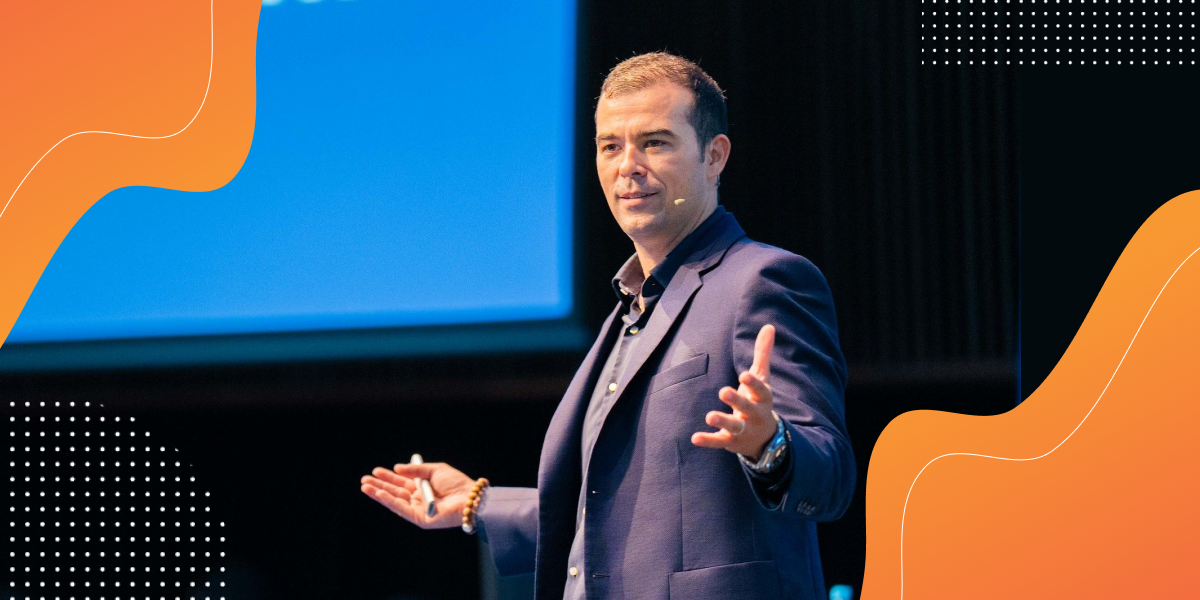After buying, growing and successfully selling his hospitality business, David Staughton couldn’t bring himself to stay retired. Instead, he applies the many lessons he learned to help other ventures achieve the same level of success.
Take a look at some essential advice from this award-winning expert in SME growth strategies.
Starting out the hard way
“During my first year owning a restaurant, I made a lot of sales.
I sold my car.
I sold my furniture.
I sold a lot of things!”
David knew he had to make changes. Over the years, this is some of what he learned when it comes to running a successful and profitable small business in almost any industry
1. Hire Smart
Many entrepreneurs fall into the trap of the “FFF” recruitment model. This method, which stands for “family, fools and friends,” involves hiring anyone who’s readily available without considering their suitability for the role.
As a result, your spouse might suddenly become the Head of Finance, or a friend will take on customer service, despite having no relevant experience.
The initial idea seems practical – hire people you trust and who are willing to work. However, as David learned the hard way, just because someone is close to you doesn’t mean they’re a good fit for your business. “During the early days of my business, I hired people without the necessary skills or experience, which led to inefficiencies and constant frustration. I even tried another technique known as “WBR” or “Warm Body Recruitment.” Essentially, if someone was breathing, they were hired! Unfortunately, having a pulse doesn’t mean a person is right for the job,” says David.
“Eventually, I complained to a coach about my “incompetent” staff, only to be asked, “Who hired them?” It turned out it was my hiring practices and lack of training systems that were the real problems.”
Rather than playing a guessing game with employees, you need to clearly define roles and responsibilities. David found that when he implemented structured job descriptions and well-thought-out job advertisements, he was able to transform the way his business was performing.
2. Don’t be cheaper, be better
It is tempting in tough times to drop your prices but this never works because there is always somebody cheaper.
So the lesson is, don’t be cheaper, be better.
Pricing is a huge subject, but one tip from David to explain the range of prices people can pay. “A face lift, for example, can start at $10,000 but people will pay up to $270,000 for the world’s “best” surgeon. So when you’re talking about cost with a customer, this is a good way to start things off. Then you can offer a low, medium and high package with different value included,” he says.
3. Questions win sales
David explains, “When I started my restaurant, the phone would ring with people enquiring. They’d ask, “How much for a wedding?” and I’d tell them it was around $40 per head. They’d hang up and I would never hear from them again.”
Eventually, David learned that you win the sale, not by giving an answer, but by asking a question. You need your customer to talk to you and tell you what they need. Before you launch into sharing prices, start by saying this:
“Do you mind if I ask you a few quick questions?”
One of the best things to ask early on is, “How did you find out about us?”
Generally speaking, if the customer has come from word of mouth, they will convert at 80% if they have come from the website, the odds are around 30% and a social media referral might convert at 5%.
Some more questions to have on your list include:
- Tell me about yourself…
- Where are you up to in your research?
- What are you looking to achieve?
- Can you tell me what you’re expecting?
- Is there a budget I need to be mindful of?
4. Look for ways to upsize and add value
It’s a classic question… “Would you like fries with that?”
Why did McDonald’s start asking this? Because 37% of people would say yes. Then they worked out that as well as selling fries, they could sell another high margin product, a drink.
And then you’ve got the meal deal.
David asks, “What can you bundle as a package so you can improve your average sales?”
There is so much money ‘lying on the ground’ in the extras. You’ve already gone through the effort of getting customers in and selling them something. You might as well sell them something else.
5. Stop telling people what to do
David’s final lesson comes from entrepreneur Dick Smith, which is to,, “Stop telling people what to do. You have to ask them what to do.”
“Early in my career, I followed the example of my father, who also ran a business. He would have a massive line of employees waiting for his instructions, telling them exactly what to do. He was the central figure in his business, but the downside was that everything was dependent on him. Employees were not empowered to make decisions or solve problems independently, which stifled growth and scalability,” David says.
The shift in my business happens when you changed my approach from telling to asking.
Instead of giving orders, start asking, “What’s the problem?” followed by, “What do you think we should do?”
When employees come to you with issues, ask them for their ideas. Say, “What do you think we should do?” If they provide a suggestion, follow up with, “What else could we do?” This method will help you employees develop their problem-solving skills. It shifts the responsibility of finding solutions onto them, which leads to a more self-reliant and proactive team.
Focus on refining your sales approach, your systems and your approach to staff and your business success will start to flow.
Want to grow your business?
Business Blueprint members access in-depth presentations from business growth experts at regular in person and online events.
Register for your free training to discover how The World’s #1 Business Growth Program is taking businesses to the next level.






